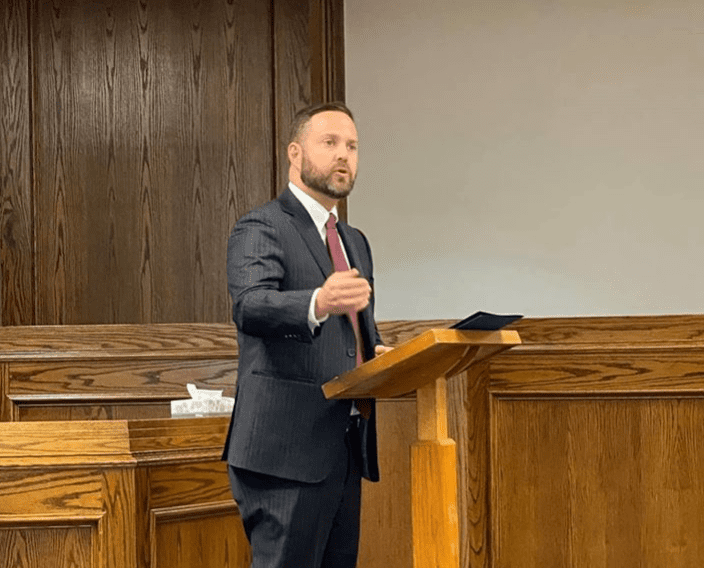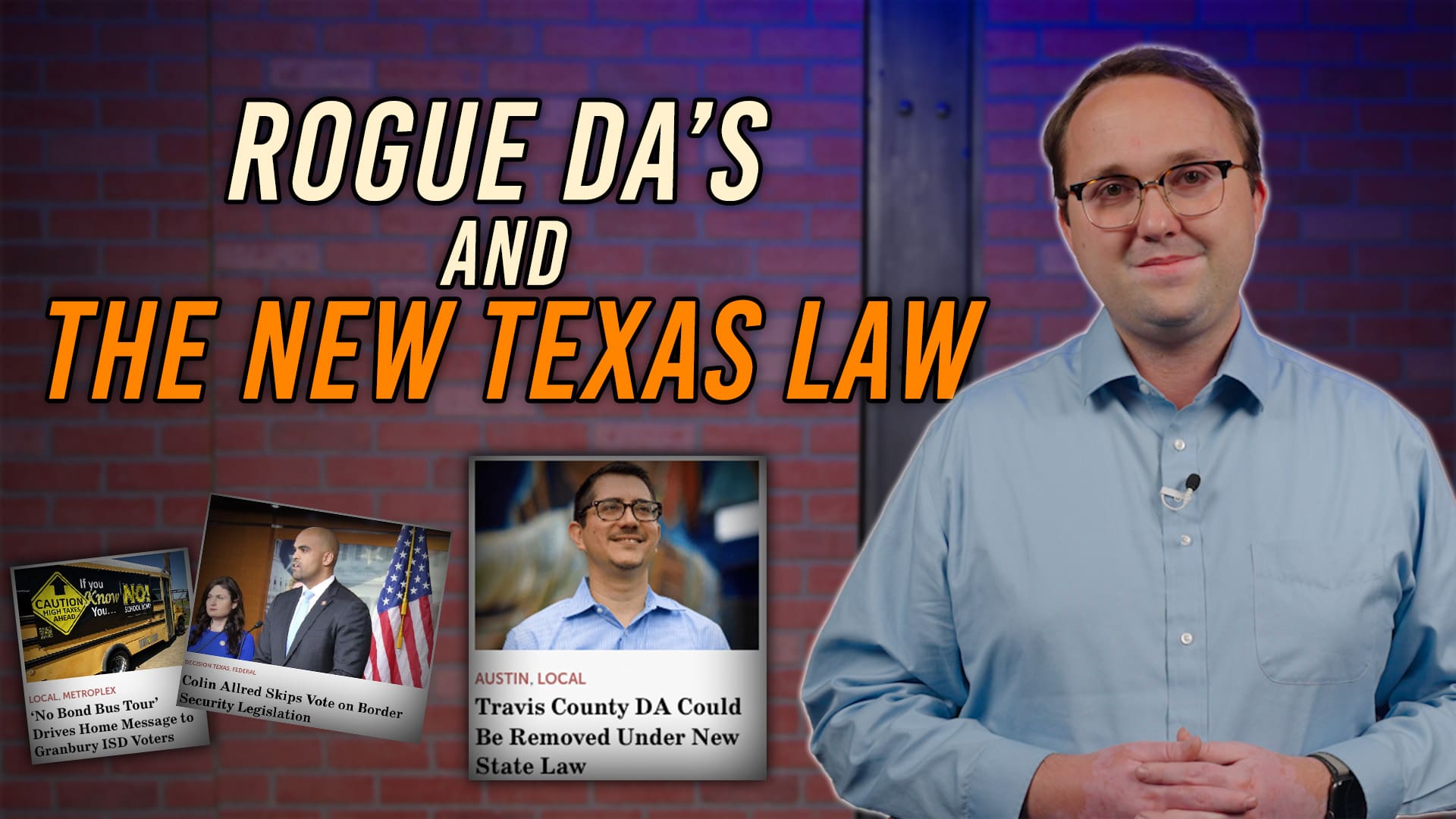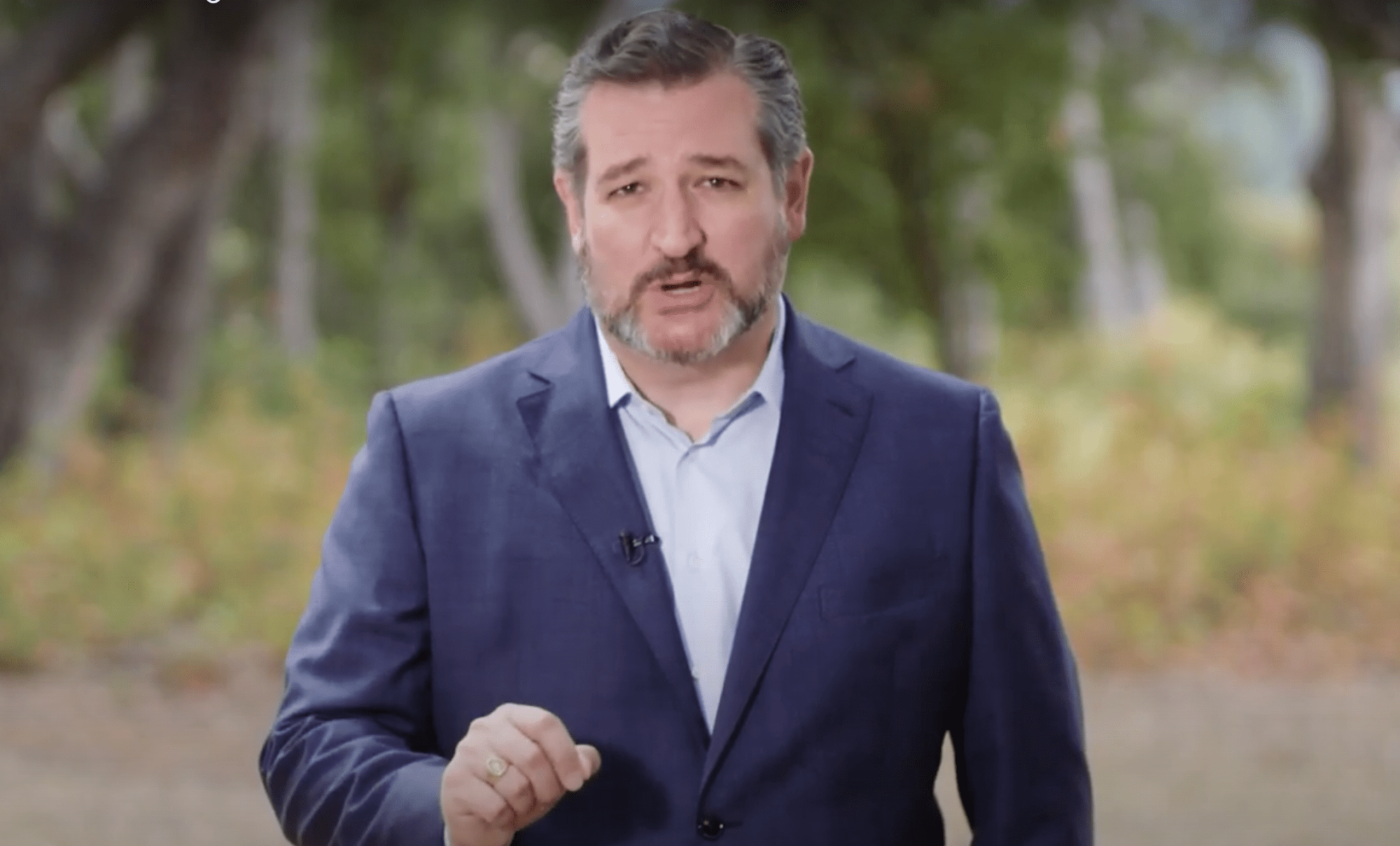As more Texas cities try to make their own onerous regulations, Republican lawmakers are working to prohibit local governments from adopting ordinances that contradict state law.
House Bill 2127 by State Rep. Dustin Burrows (R–Lubbock)—also known as the Texas Regulatory Consistency Act—would prohibit local governments from adopting ordinances stricter than state law allows, such as increasing the minimum wage.
The bill would also grant citizens adversely affected by the rules and regulations enforced by the municipality to bring action against them for any damages caused to their person or business.
“This bill restores the regulatory authority to the state rather than thousands of local governments, eliminating costly compliance burdens and fueling economic growth,” Burrows said.
According to the Texas Constitution, “the legislative power of this state shall be vested in a Senate and House of Representatives.”
In recent years, however, multiple municipalities have sought to create their own rules and regulations for commerce that contradict the state’s regulations.
In Dallas, for example, city officials are developing plans to make gas-powered lawn equipment illegal for city departments, contractors, businesses and residents by 2027. The city estimates it will cost taxpayers about $6.7 million to convert more than 5,000 pieces of gas-powered municipal equipment. They also estimate it will cost residents and business owners more than $23 million to make the change.
In 2016, the city of Austin implemented the “Fair Chance Hiring Ordinance,” which prohibits most private employers from asking applicants about their criminal history.
During public comments, local officials and representatives from the Texas Municipal League and other taxpayer-funded lobbying groups opposing the bills argued that the state has no business interfering with local control, with some saying the bill was trying to implement a one-size-fits-all approach.
Under the bill, local governments will retain powers over zoning, motor vehicles, community planning and development, and water utilities.
“We cannot predict what is going to happen. This committee has probably seen more bills having to deal with preemption than we’ve ever seen in the past. I think many in the Legislature are tired of playing whack-a-mole,” Burrow said.
This is not the first time such legislation has been proposed.
In 2019, the Texas Senate passed Senate Bill 15 by State Sen. Brandon Creighton (R–Conroe), which would have prevented local governments from micromanaging private businesses.
The bill was killed in the House, however, when current Speaker of the House Dade Phelan—who was the chairman of the House State Affairs Committee at the time—insisted on adding a “nondiscrimination” rider to each bill to appease LGBT activists, telling the media he’s “done talking about bashing on the gay community.”
Meanwhile, Burrows’ bill has been left pending in the House State Affairs Committee.





